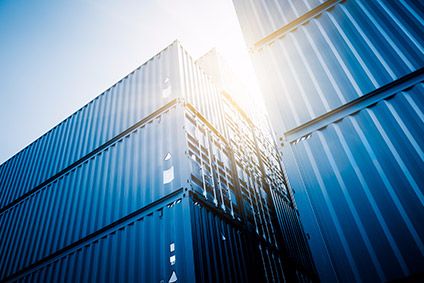
Higher freight rates could see consumers pay around 10.2% more for their clothing and textiles the United Nations Conference on Trade and Development (UNCTAD) has warned as restrictions on trade routes through Russia and Ukraine are further complicated.
Restrictive measures on airspace, contractor uncertainty and security concerns will weigh on already stretched global supply chains, the United Nations Conference on Trade and Development (UNCTAD) says in a report.
Russia and Ukraine are a key geographical component of the Eurasian Land Bridge.
In 2021, 1.5m containers of cargo were shipped by rail west from China to Europe. If the volumes currently going by container rail were added to the Asia-Europe ocean freight demand, this would mean a 5% to 8% increase in an already congested trade route.
“On top of this, already expensive and overstretched maritime trade will find it difficult to replace these suddenly unviable land and air routes,” a report from UNCTAD reads.
“The impact of the war in Ukraine can be expected to lead to even higher freight rates.”
Such increases, it says, would have a significant impact on economies and households.
In 2021, UNCTAD simulated the freight rate increase during the pandemic raised global consumer prices by 1.5%, “with particularly oversized effects in vulnerable economies such as small island developing states, landlocked developing states and least developed countries”.
Specifically, the simulation suggests consumer prices of textiles and apparel could rise by as much as 10.2%.
Industry experts have warned of the cost increase pending as a result of the war between Russia and Ukraine including a hike in energy prices which EURATEX director-general Dirk Vantyghem says the industry may be unable to bear.



